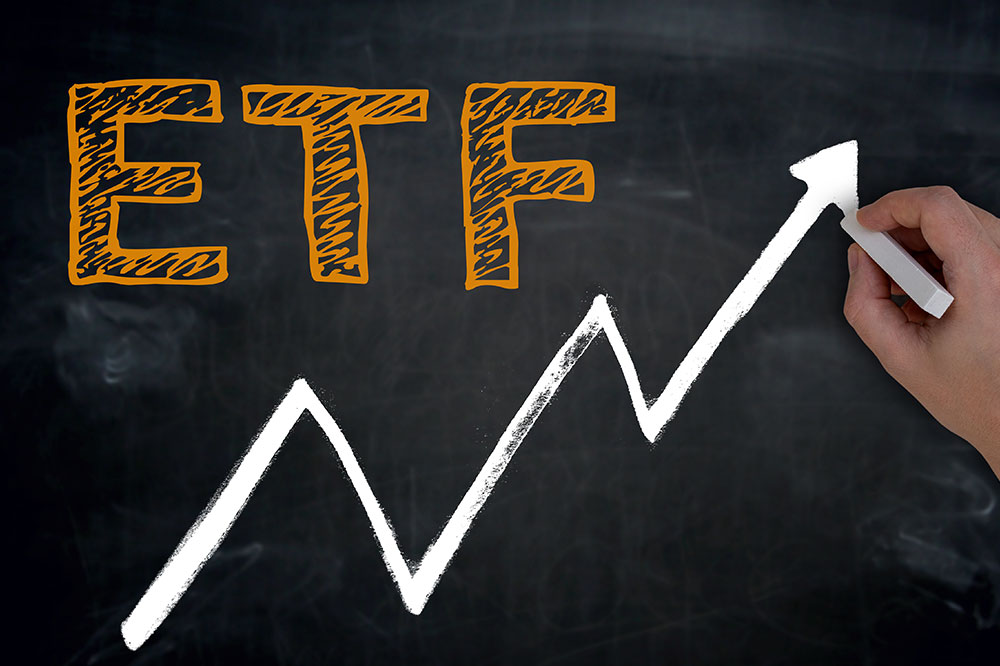
health
12 Essential Tips to Maintain Eye Health
The eyes play an indispensable role in shaping our perception of the world around us. Unfortunately, it is estimated that almost 20 million persons nationwide suffer from vision impairment due to an eye condition. While consulting an ophthalmologist is essential for timely treatment, it is crucial to protect the eyes to prevent such conditions from developing or escalating. Here are certain basic yet essential ways to maintain eye health and prevent these diseases: 1. Avoid stepping out without shades during the day Exposure to direct sunlight over a period of time can contribute to the onset of macular degeneration, cataracts, and damage to the cornea. Therefore, one should always cover the eyes with shades while stepping out in the sun. 2. Limit the use of gadgets While it is impossible to imagine life without electronics today, gadgets like mobile phones, iPads, and the TV emit blue light, which can lead to retinal damage over time. Overuse of these gadgets can cause ocular problems like dry eyes, blurred vision, dizziness, and headaches. Hence, it is important to limit one’s use of these devices, particularly refraining from them before bedtime. Today, several smartphones are equipped with options to monitor screen time and time spent on apps.













